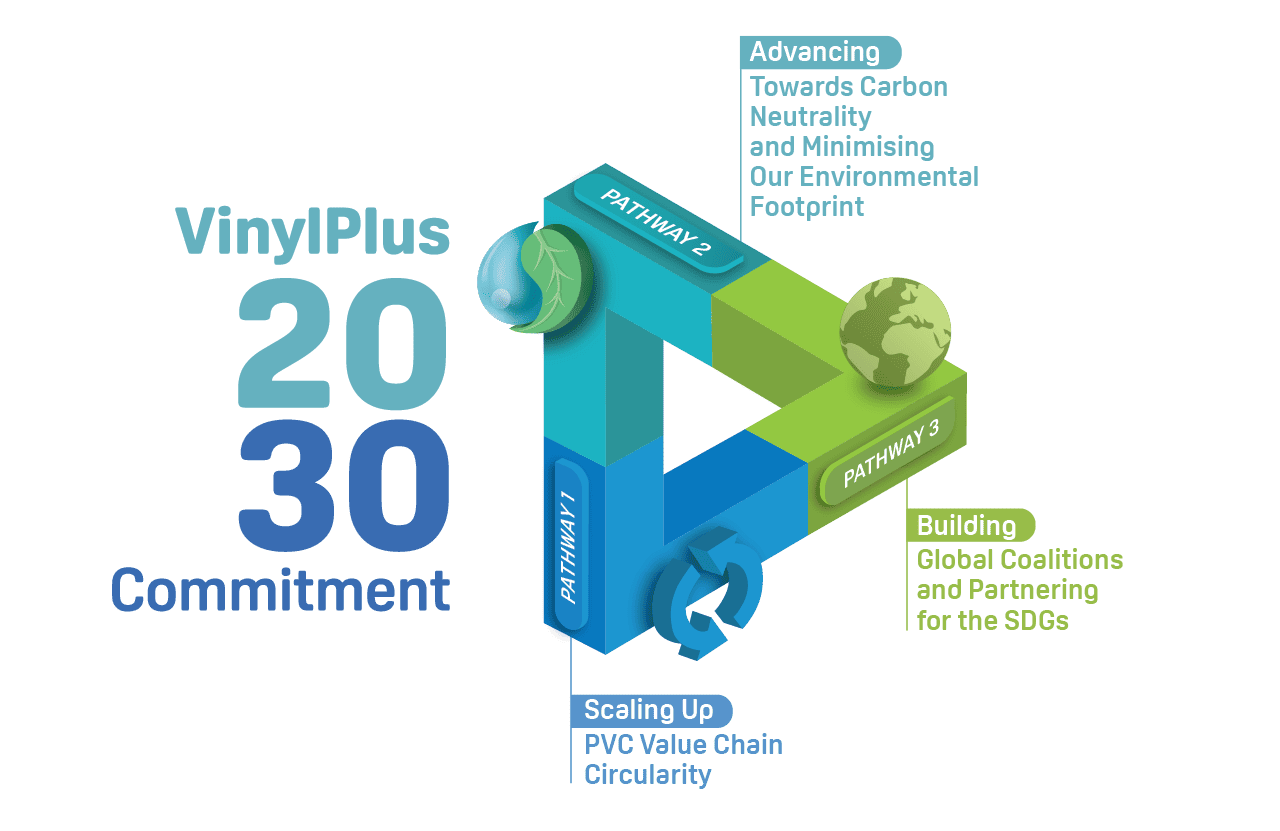For us, sustainable healthcare means a lot. PVC’s contribution to sustainable healthcare encompasses the environmental, social and economic dimensions of sustainability. The material is made from 57% salt, an abundant resource, and the rest of oil or natural gas. It is easily recyclable and take back schemes for PVC medical devices are in place in several countries: Throughout Belgium, Australia, New Zealand, and several other countries more than 300 hospitals collect PVC medical devices from non-infectious patients for recycling into useful products.
The social pillar of sustainability is fulfilled as well: As it is a very affordable material, PVC has helped enable access to quality healthcare for the broader population. Several studies show that a switch to alternative materials would be very costly, thereby putting further stress on already increasing healthcare costs.
Medical PVC's contribution to the Sustainable Development Goals
PVC or vinyl has a direct contribution to several of the SDGs and has an enabling effect on others. Below are a few examples.
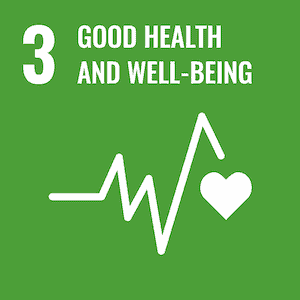
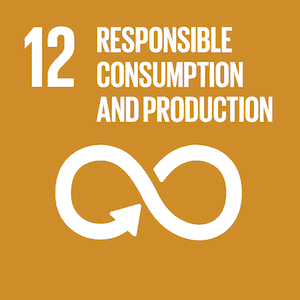
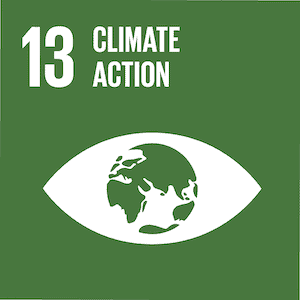
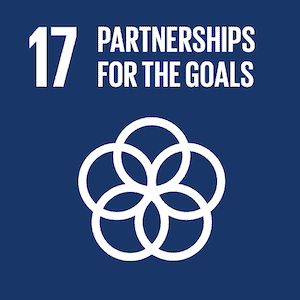
VinylPlus – a united PVC value chain committed to sustainable development
The European PVC industry is committed to sustainable development. This commitment is put into practice by VinylPlus®, the Commitment to sustainable development in Europe.
The new VinylPlus 2030 Commitment has been developed bottom-up through industry workshops and with an open process of stakeholder consultation. Three ‘pathways’ and 12 ‘action areas’ have been identified embracing the PVC value chain’s circularity, its advancement towards carbon neutrality, minimisation of the environmental footprint of the PVC production and products, and its engagement with stakeholders and global coalitions.
The regional scope of the programme is the EU-27 plus UK, Norway and Switzerland.
The founding members of VinylPlus are The European Council of Vinyl Manufacturers (ECVM), European Stabiliser Producers Association (ESPA), European Plastics Converters (EuPC) and European Plasticisers.
The progress is monitored by an independent Monitoring Committee and documented by yearly Progress Reports that are independently audited and verified by third parties. The praise for the VinylPlus programme comes from a wide range of stakeholders, e.g. the European Commission which considers VinylPlus a frontrunner for circular economy.
VinylPlus has committed to recycle 900,000 t/year of PVC as part of the EU Circular Plastics Alliance. VinylPlus is registered as a SMART partnership on the UN Partnerships for SDGs platform and listed as a Good Practice on the European Circular Economy Stakeholder Platform. Together with fiver other European plastics organisations, VinylPlus has launched Circularity Platforms aiming to reach 50% plastics waste recycling by 2040.
"VinylPlus can be considered a frontrunner for the circular economy"
Gwenole Cozigou, Director, DG Growth, European Commission

